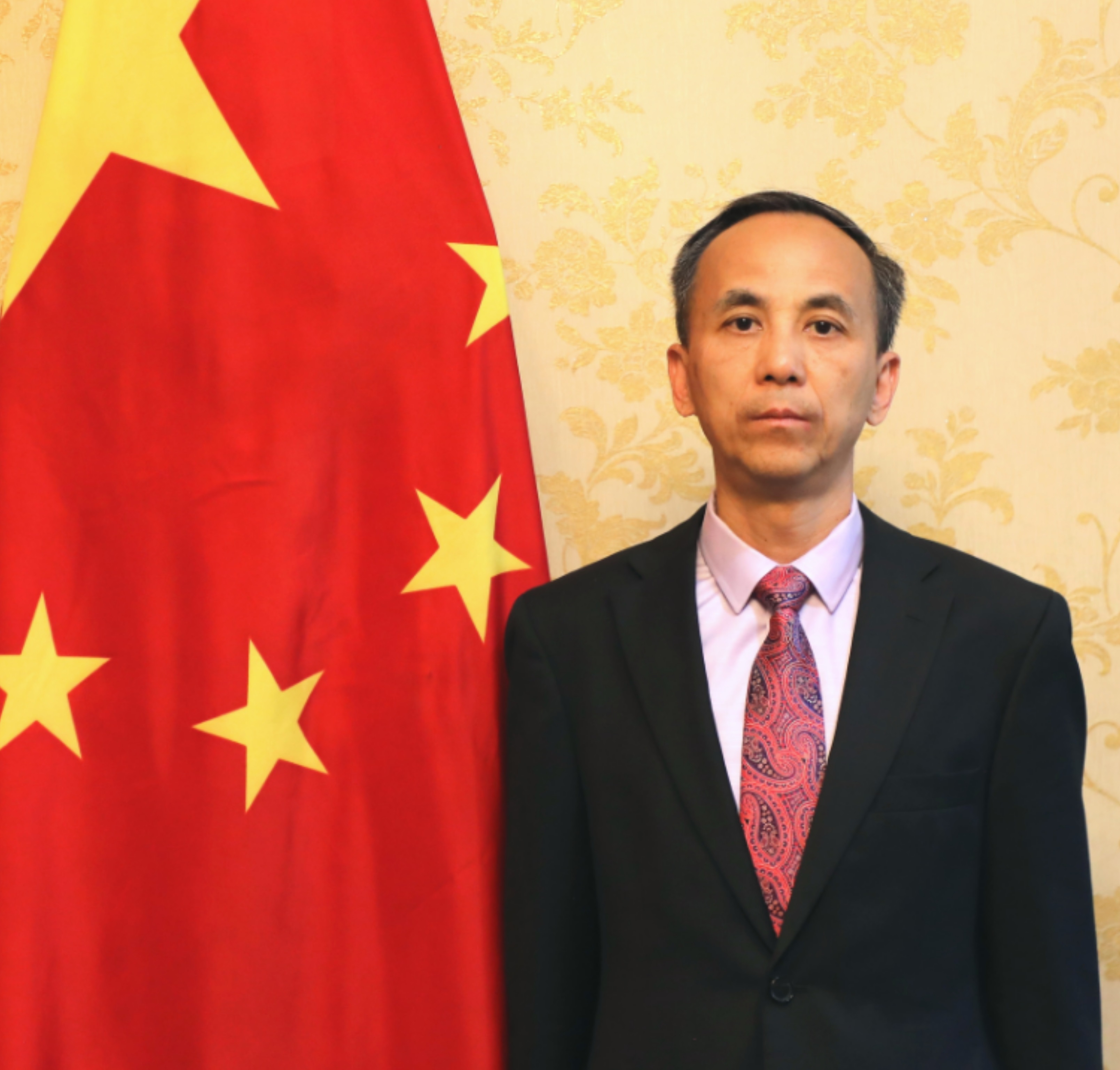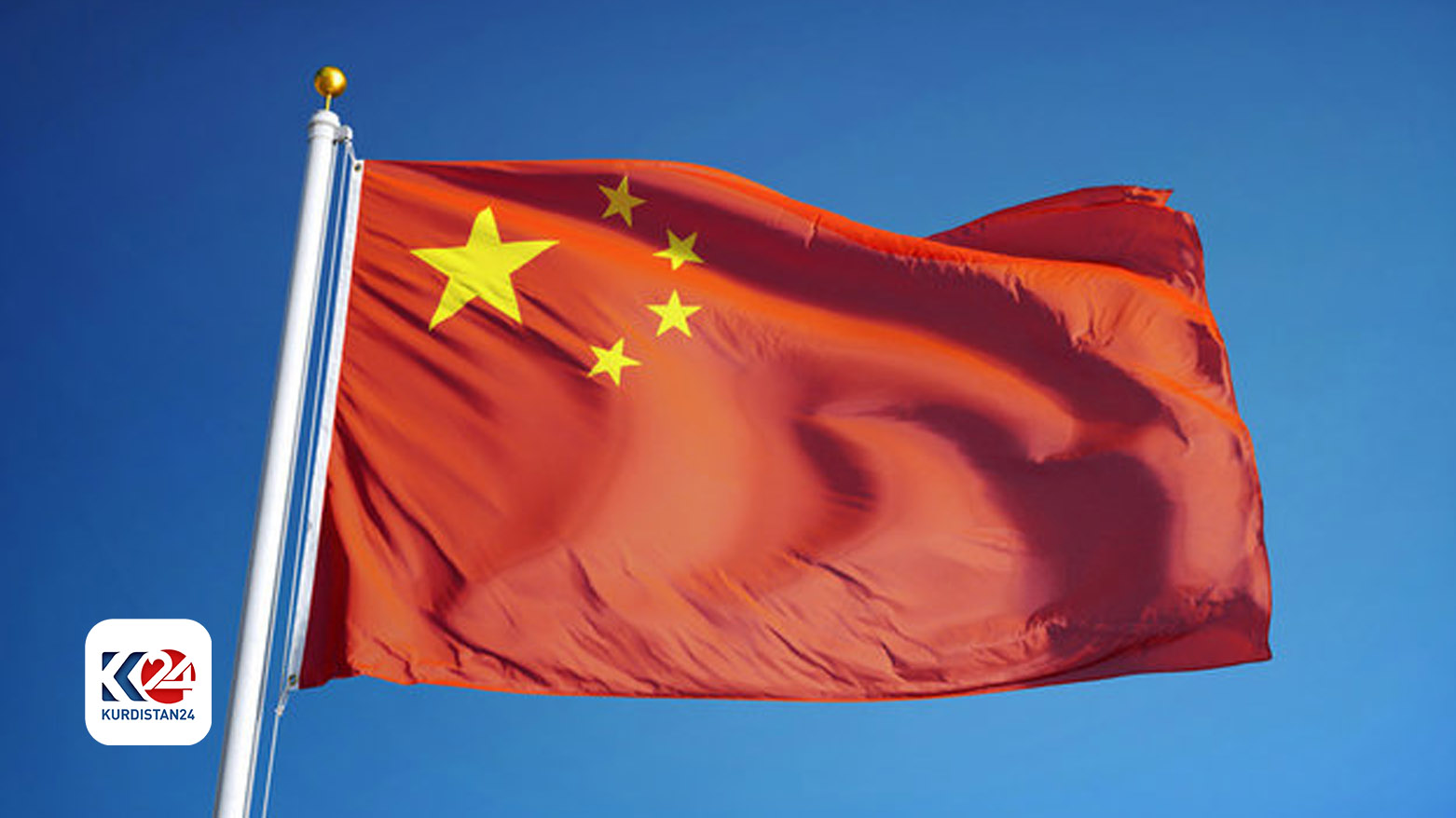
Liu Jun
Author
Digital, Innovative & Green: What Chinese Economy is All About Now!
Over the past year since I arrived in Erbil, I have been many places and have talked with many people in the KRI. As I am getting more knowledge of the region, I have a strong feeling that there’s great potential for pragmatic cooperation between China and KRI.

Nov. 25, 2024
By: Liu Jun, Consul General of the People’s Republic of China in Erbil
China is the world's 2nd largest economy and the main engine of growth for the world economy. For many years, its economic growth rate has been at the top among major economies, contributing 30% to global growth total. So far this year Chinese economy has been on a steady, sound and upward trajectory, with a new approach on nurturing new quality productive forces. Being digital, innovative & green have become most distinctive features of the economy.
According to data released by the National Bureau of Statistics of China, China’s GDP reached 94,974.6 billion yuan ($13,335.8 billion) in the first three quarters of 2024, a year-on-year increase of 4.8%, with investment in high-tech manufacturing up 9.4% year-on-year. The added value of life service industries such as intelligent unmanned aerial vehicle (UAV) and intelligent vehicle equipment manufacturing increased by 56.4% and 30.7% year-on-year respectively, and the new energy industry continued to grow. China enjoys several distinct advantages: a huge socialist market economy, a supersize domestic market with robust internal demand, a full-fledged manufacturing industry and abundant, high-end labor force and talented entrepreneurs. These factors ensure that Chinese economy, like a giant cruise ship in the sea, will ride the wind and waves and sail forwards.
The digital economy maintains strong growth momentum. The scale of the digital economy has grown from 11.2 trillion yuan ($1572.6 billion ) in 2012 to 53.9 trillion yuan ($7568.3 billion) in 2023. The number of 5G base stations in China had risen to 3.92 million by end of June 2024, which is more than half of the world's total, with the penetration rate of 5G users exceeding 60%. The revenue of emerging businesses such as Internet data centers, big data, and cloud computing reach 258.4 billion yuan ($36.3 billion), up by 11%. The research and development (R&D) cycle and production efficiency of new products such as large aircraft, new energy vehicles (NEVs), and high-speed trains have been significantly improved. The manufacturing industry empowered with ‘digital wings’ can fly higher and further.
The new productive forces grows with a bright prospect. China is the world’s 2nd largest R&D investor, and the top source of international patent applications. A group of new strategic industries has emerged like IT, biotechnology, new energy, new materials etc. Export of the “New Trio” (NEVs, battery and solar panels) has exceeded one trillion yuan ($141 billion), making China the world's No. 1 automobile exporter. Today NEVs in China account for more than half of the world’s total. The new productive forces not only open up a new horizon for China’s high-quality growth, but also inject new impetus into global economic recovery.
Green development in China also benefits the whole world. In recent years China has made tremendous efforts to reduce carbon emissions and pollution, expanded green zones. China has become the country with a highest speed in terms of air quality improvement. China is the first country to achieve zero growth in land degradation, it has contributed half of the newly-installed renewable capacity in the world, and a quarter of the global newly-grown forest area comes from China. Cooperation in green infrastructure, green energy, green transportation and green industries between China and other countries under the Belt and Road Initiative (BRI) is on the rise.
Over the past year since I arrived in Erbil, I have been many places and have talked with many people in the KRI. As I am getting more knowledge of the region, I have a strong feeling that there’s great potential for pragmatic cooperation between China and KRI.
First, KRI is rich in natural resources, and the two economies are highly complementary to each other. Our cooperation in areas like energy and infrastructure will help the KRI’s economy to grow on a fast track. Secondly, our cooperation on the digital upgrading and high-end manufacturing industry can help diversify its economy. KRG attaches importance to digital transformation, some digital projects have achieved remarkable results. Chinese companies are strong in AI, big data, cloud computing, and we can work together to help build a smart city, a smart KRI. Not only ago Iraq's first smartphone production line was opened by a Chinese company Transsion, with a monthly output at 30,000 units. With more Chinese investments, I believe that KRI’s manufacturing industry would grow stronger and create more jobs. Thirdly, there is huge potential for cooperation in the new energy industry. The demand for brand automobiles in KRI is huge, the transformation to new energy vehicles(NEVs) is already taking shape. A decision by KRG to exempt tariffs for NEVs is welcome. It is hoped that NEVs made in China will be soon spotted on the streets in KRI. Fourthly, a green growth is our common aspiration. Iraq is one of the countries most affected by climate change in the world, the carbon reduction is an urgent task. China's solar industry is a global leader now and solar power industry in KRI would have a bright future, that means thare are many business opportunities for Chinese companies and local partners. We hope that the long-term problem of electricity shortage would be eventually solved and every household can afford to use clean energy.
The parliamentary election of KRI was successfully held in October thanks to efforts of all stakeholders in the region and at large. A new parliament would be soon in session and new cabinet would be elected and smooth transition of power would be achieved. We are look forwards to working the new administration in the KRI and continue to deepen bilateral cooperation so as to benefit the people of the two sides.
The views expressed in this article are those of the author and do not necessarily reflect the views of Kurdistan24.